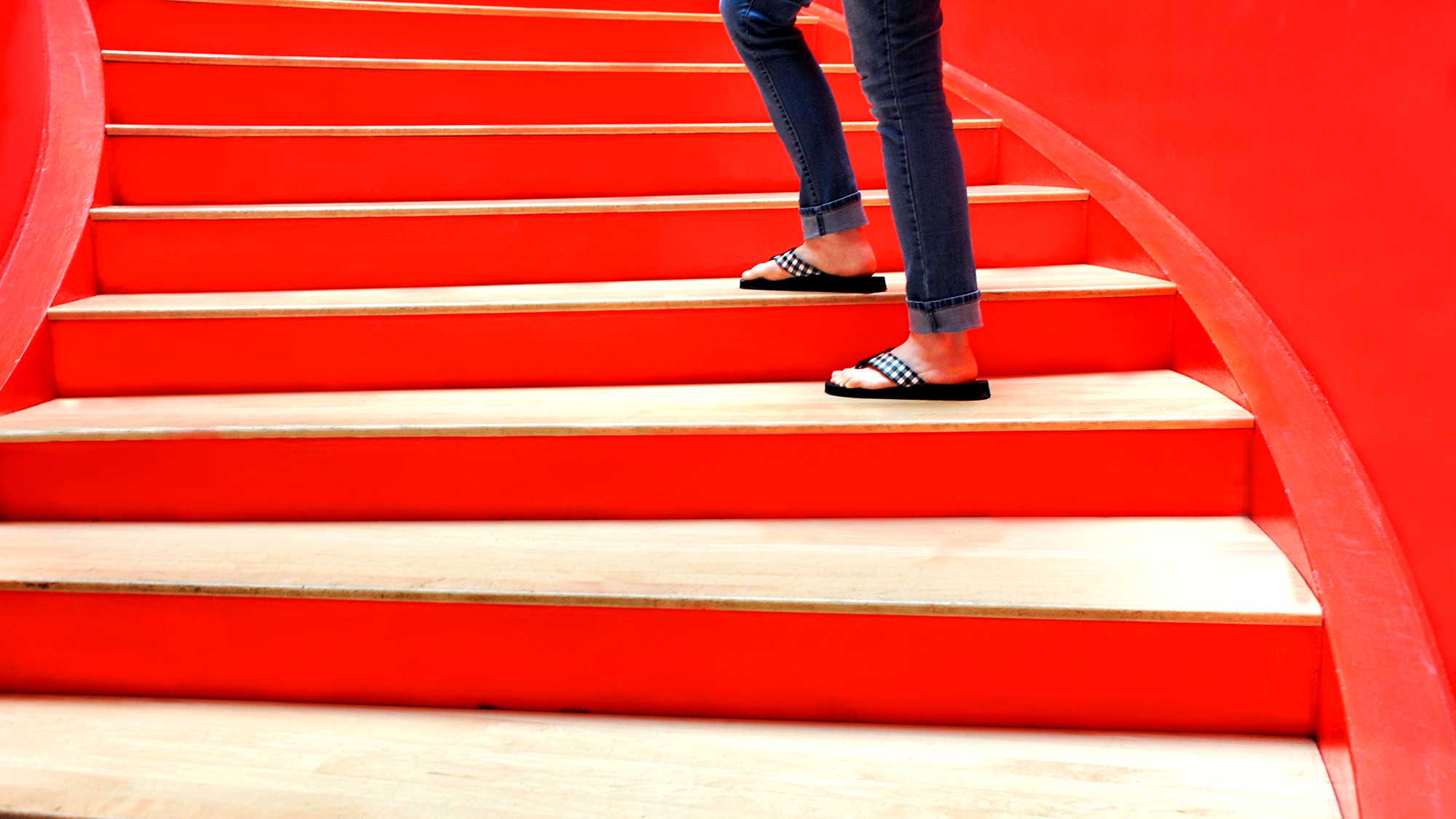
Buying a home comes with additional costs other than the property itself. That might sound scary, since just getting your deposit together can be difficult, but there's good news, too:
As a first home buyer you might be eligible for discounts, exemptions and even government grants (such as the first home buyer grant) which can help with buying your first home! So always do some research to see what help is available in addition to working on your own savings.
To get a home loan, you'll typically need a deposit of 10-30% of the price of the property. Most lenders will accept 20% without requiring you to also cover LMI (Lender Mortgage Insurance) this will mean, if for example the property you wish to purchase is $500,000 you will be required to provide $100,000, which is a deposit of 20%.
Being able to put down a larger deposit may give you access to lower home loan rates and make your future repayments more manageable.
Your borrowing power will be dependent on a few factors, including: your current income, employment status, potential other debts, personal circumstances, the deposit you can produce, and the LVR (Loan to Value Ratio) of the property. If we use the example above, where the property you wish to purchase is $500,000 and you can provide the 20% deposit, you may be able to borrow up to 80% which is $400,000.
You can use our HSBC calculator to give you an estimate of your borrowing power based on your expenses to help make a more informed decision on your next step.
There are other areas which may need additional funds when you're buying your first home. It's important to research these and try to factor them in. Some of these are directly related to the purchase of your home, and they can include: bank fees, legal fees, government charges and stamp duty. (Stamp duty is dependent on a few factors including your state and also the value of your property you can use the HSBC stamp duty calculator to see if this applies to you.)
There may also be other costs not directly related which should be considered such as:
You find out many of these costs beforehand with some basic online research or by obtaining a few quotes which you can factor into your budget.
Now you know roughly how much of a deposit you will need to buy your first home and any other potential costs, it's time to get it together!
A great starting point is to look at your overall budget, and the best way to do this is to look at your income for the past three months and compare it to what you have spent during that time.
This will help you understand how much you may be able to afford to set aside towards your home loan deposit, where you could potentially cut, and what you may be able to afford in home loan repayments.
Explore more: How to save for a deposit
There are several home loan options from fixed vs variable, and it's important to find one that suits you based on your circumstances and goals. Our guide will explain the most common home loan types. We'll also look at the benefits of getting pre-approved for a home loan.
Think you know how much you need but want to calculate your repayments?


